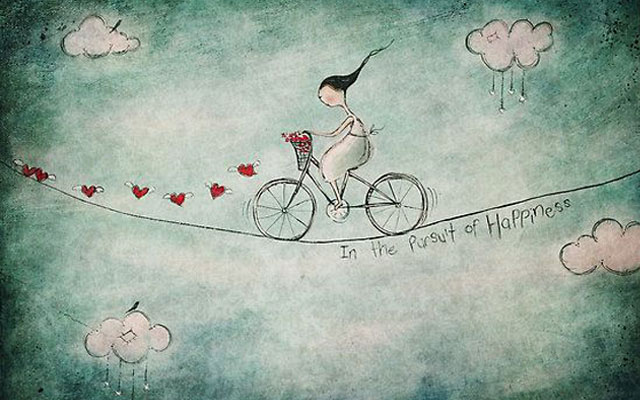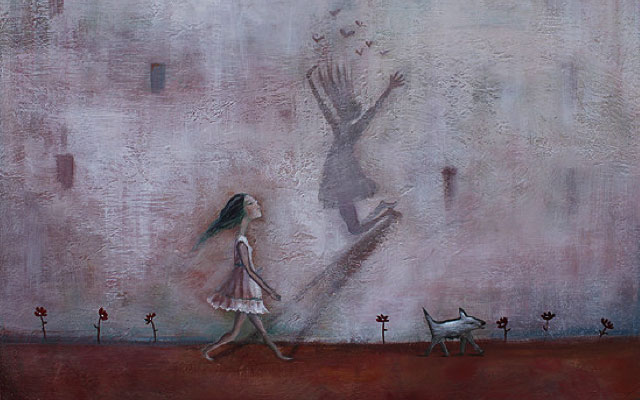
How psychology unravels happiness and Rumi’s timeless insight to keeping the heart pleasant
How to be happy?
Where are we happier ?
With whom are we happy ?
When do we feel happy?
We crave for happiness until we die. We make projections and measurements of our happiness on the continuum of time. We occasionally reach a generalized conclusion on the states of our happiness : somewhat happy, sometimes happy, more or less happy, happier in the past or present, or anticipate to be happy in the future… We remember the times we were happy, or fantasize a possible future happiness.
Sometimes we measure happiness with what we have, though it often falls short of our wants and expectations. So we make it conditional — on obtaining what we desire. We negotiate all the while aspiring to strike a balance in our equation of happiness.
Robert Frost describes the universal effort to balance the equation of happiness :
Happiness makes up in height for what it lacks in length.

Philosophers have contemplated about the nature of happiness since ancient Greek, psychologists strive to unriddle it, and neuroscience zealously tracks its neuronal pathways lighting up on the brain scan images. And yet it remains a mystery to many. “ There is just no accounting for happiness ” says Jane Kenyon. One figures his own. B. Franklin infers it “ just like beauty, it lies in order. ” For Herman Hesse, happy is one who has the ability to cherish small things, the unremarkable joys of everyday life like a walk in nature or a sound of music.
In Greek philosophy, Eudaimonia – ευδαιμονία commonly used for happiness literally translates as the state of good spirit. In response to the question of how humans should best live, Aristotelian Ethics identifies the key marker of happiness as arete – αρετή meaning virtue or excellence – full realization of one’s potential. Eudaimonia and arete crafted together, they represent the highest human good. Sourcing the highest human good in the human soul, Democritus said:
Happiness, lies in the soul, not in the possessions.
Millenia later, the American humanist and poet Walt Whitman said about the spirit of happiness : “ it is impalpable, like a mere breath…” Today’s psychology defines happiness beyond the tangible hedonistic pleasures. Martin Seligman, known with his books on positive psychology says that happiness will be woven in one’s life, if lived in accord with one’s values and goals, and in ways benefiting the human good in large. It then renders one meaning and happiness in whatever his pursuit of life is. Being endowed with freewill, our choices, our approach to life, thoughts, and habitual attitudes also affect as much as 40 % of our happiness. Sonja Lyubomirsky‘s research unravels the essential components assembling happiness :
50 % genetics
40 % intentional
10 % circumstances

Bearing the intention to find “ good ” in everything prompts positive thoughts. Taking on a tinge of gratitude, such thought streams invoke happiness. She indicates that people who act with this intention are more happy and their happiness often lasts longer.
In rapport with these findings, age-old wisdom suggests that toning down one’s desires, tastes, demands and aspirations of the ego makes room for larger happiness.
Rumi’s verses written 800 years ago utter a sublime happiness as an antidote to despair :
Keep your heart pleasant, patience attains
For the lovers’ prayer holds everywhere.
While unhappiness does not remain but pass
Have no doubts –the wheel of fortune turns.
Duygu Bruce







